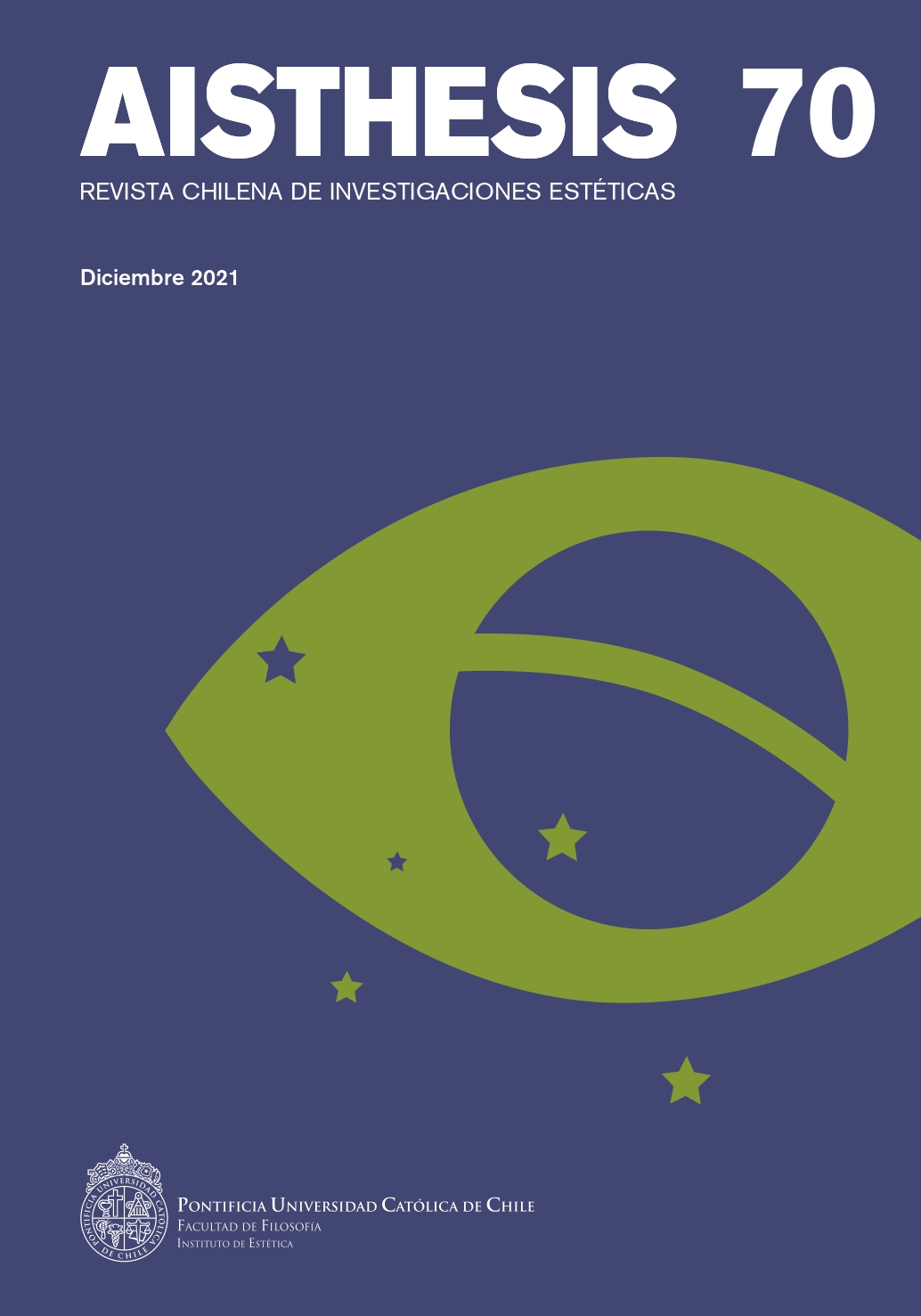Development, Environment, Indigenous Peoples and Traditional Communities in Brazil today: a perspective from public Anthropology
Main Article Content
Abstract
The article presents an anthropological understanding of recent transformations in Brazilian socio-environmental policy and arena, with an emphasis on the social effects of national development programs and projects on territorial (and other) rights of indigenous peoples and traditional communities. It is an attempt to understand the country's recent political situation based on the production (rejection motions, recommendations, letters of support and other documents of this type) of the commissions and committees of the Brazilian Association of Anthropology – specifically its Committee on Traditional Peoples, Environment and Large Projects – understood as peculiar loci of knowledge production and political advocacy. It demonstrates, through the evidence that those chapters of ABA offer, that the attacks against the environmental legislation and the recognition of the territorial rights (and others) of indigenous peoples and traditional communities are not exactly a recent phenomenon. Following Andrea Zhouri's interpretation, the rise of official anti-environmentalism and the ongoing institutional dismantling of the environmental rule represent a predictable outcome of its gradual deregulation, through a path that goes from slow, subtle and barely visible violence, to the open, naked and crude violence of the current overtly anti-environmental and anti-indigenous policies.
Downloads
Article Details

This work is licensed under a Creative Commons Attribution-NonCommercial-ShareAlike 4.0 International License.
All contents of this electronic edition are distributed under the Creative Commons license of "Attribución-shareAlike 4.0 Internacional" (CC-BY-SA). Any total or partial reproduction of the material must mention its origin.
The rights of academic works published in this publication belong to their authors., who grant to AISTHESIS: Revista Chilena de Investigaciones Estéticas the license for its use. The management of the permits and the authorization of the publication of the images (or of any material) that contains copyright and its consequent rights of reproduction in this publication is the sole responsibility of the authors of the articles
